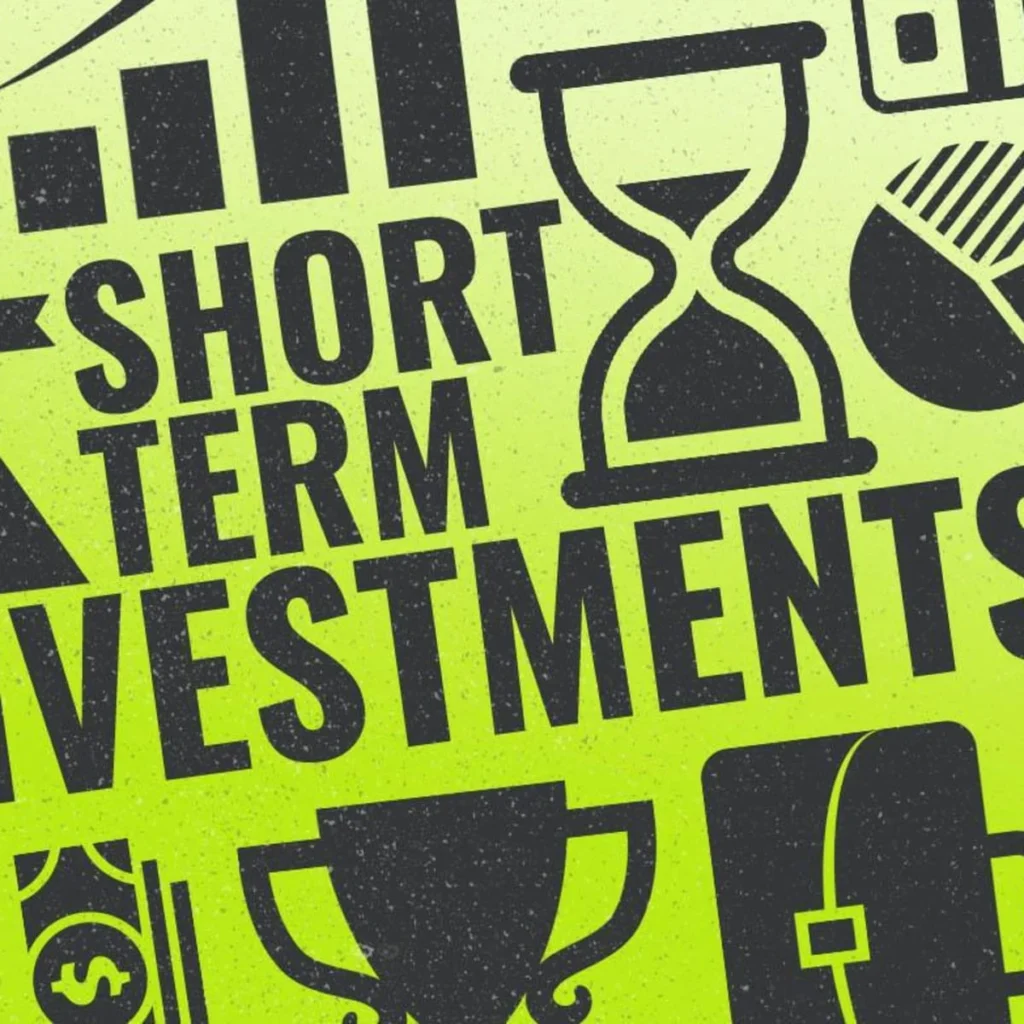Starting Your Investment Journey the Right Way
Money talks — but where it should walk? That’s the big question. If you’ve ever wondered about the real difference between long vs short term investment strategies, you’re definitely not alone. It’s one of those evergreen financial debates, kinda like “rent or buy?” — and it’s trickier than it looks on paper.
Let’s take a human-first approach here and unpack the difference, without the jargon overload.
What Is a Short-Term Investment?

Short-term investments are basically the sprinters of your portfolio. They’re fast, often flexible, and usually last for less than a year — sometimes up to three if you stretch it. Think stuff like:
- Treasury bills
- High-yield savings accounts
- Certificates of deposit (CDs)
- Money market funds
- Even some stocks, if you’re flipping them fast
The big draw? Liquidity. You can cash out quickly if life throws a curveball, which, let’s be honest, happens more often than we’d like.
But here’s the kicker — returns can be pretty modest. Sure, you might avoid huge losses, but don’t expect fireworks either. It’s more “keep your money safe” than “watch it explode with growth.”
Long vs Short Term Investment: The Risk Factor

Now, risk. That’s where things get spicy.
Short-term investments are usually low-risk — but that safety net means you’re trading growth for stability. Long-term investments? They swing a little wilder. Stocks, mutual funds, index funds, real estate — all great examples of long-term plays — they ride the waves of time.
The magic (or madness) lies in patience. Some years, the market dips hard. Others? Massive spikes. But overall, long-term investing often beats short-term gains if you hang in there.
Still, nothing’s guaranteed. Some people win big. Others — not so much. It’s the rollercoaster vs the merry-go-round.
Who Should Go Short-Term?

Let’s say you’re saving for a wedding in a year, a down payment in two, or you just hate the idea of seeing your money “lose” value (even temporarily). Short-term could be your jam.
Pros:
- Access your money quickly
- Less stress about market crashes
- Safer (mostly)
Cons:
- Lower returns
- Inflation might eat your gains
And Who’s Built for the Long Game?

If your goals stretch years — retirement, college fund, or just that “rich uncle” future — long-term investing might fit like a glove.
Pros:
- Compound growth can be powerful
- Potentially higher returns
- Great for building wealth over time
Cons:
- Market volatility is real
- Needs patience and emotional control
- Not ideal if you need quick cash
Long vs Short Term Investment: Which One Wins?

Okay, here’s the truth — there’s no one-size-fits-all answer. Some people say long-term always wins (and history sorta backs them up), but that’s not the whole picture.
Your answer depends on your:
- Goals
- Time horizon
- Risk tolerance
- Emergency fund situation
Ideally? You want a bit of both. Maybe a solid long-term plan for retirement and some short-term assets for life’s curveballs. A well-balanced portfolio is like a good diet — mix of veggies and dessert.
Common Mistakes to Avoid
Let’s highlight a few red flags:
- Timing the market: You’re not a psychic, and neither are those YouTube finance bros.
- Going all-in on one type: Diversify, even within long vs short term investment categories.
- Ignoring fees: That “tiny” 1% management fee? Yeah, it adds up — big time.
- Overreacting to news headlines: Markets have mood swings. Don’t join the panic party.
Final Thoughts: Where Should You Start?

The long vs short term investment debate isn’t really about picking sides — it’s about knowing yourself. Your goals, your gut, and your timeline.
If you’re just starting out, try this: keep some cash handy (short-term), and drip a bit into the market consistently (long-term). Use tools like robo-advisors or even a plain ol’ index fund.
And don’t sweat perfection. You’re allowed to make mistakes and learn. That’s the most human part of investing.
Relevent news: Long vs Short Term Investment: A Clear Guide to Smarter Financial Choices





